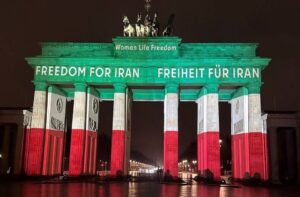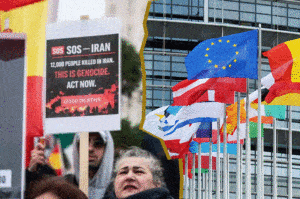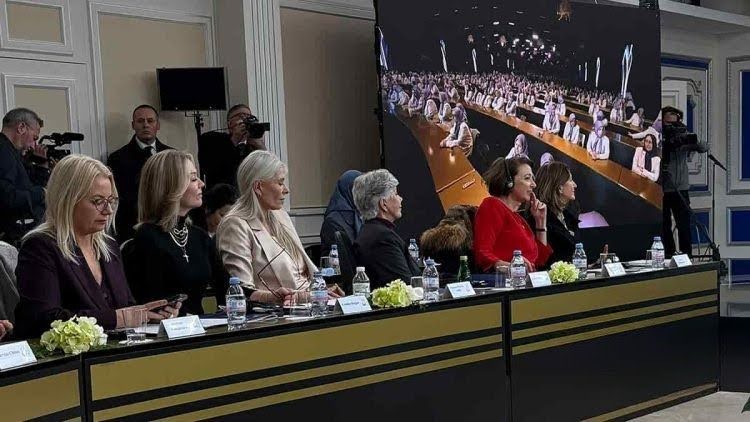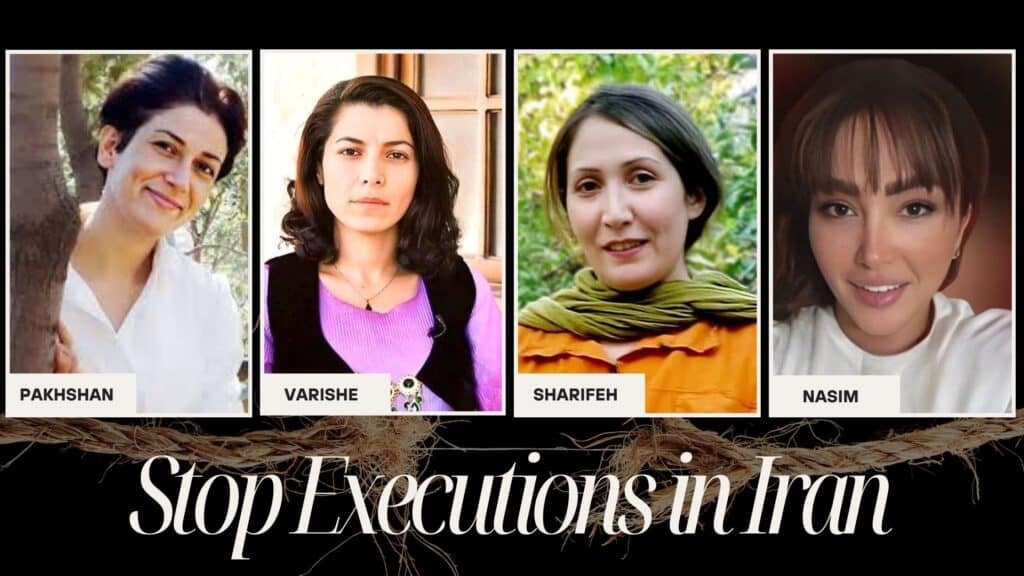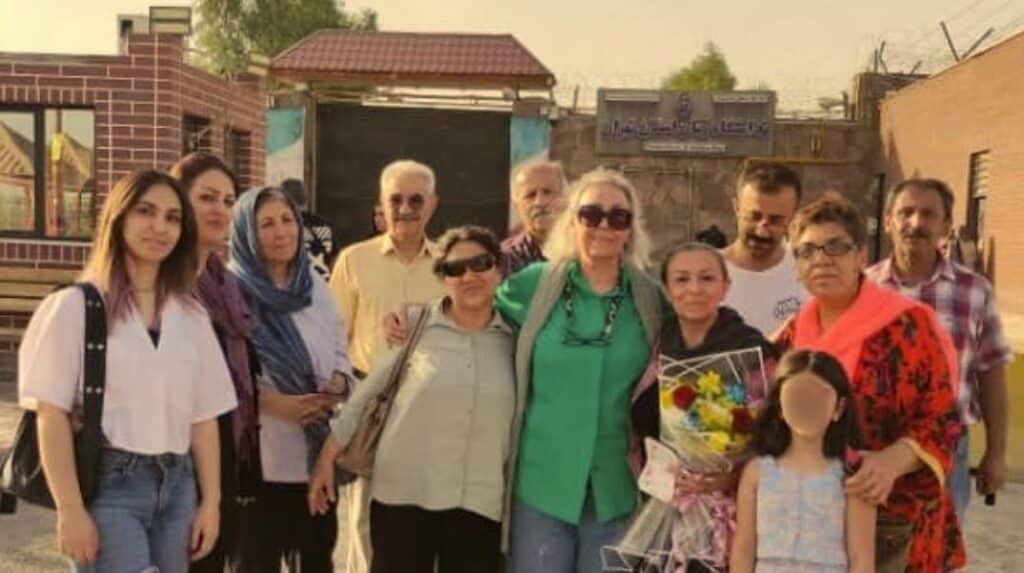The recent and shocking demolition of Section 41 of Behesht Zahra cemetery in Tehran has sparked widespread outrage, with human rights organizations globally condemning the act as a flagrant violation of the right to memorialize the deceased and respect cultural heritage.
Behesht Zahra is far more than a cemetery; it is a profound symbol of Iran’s political and social history. The vast grounds are the final resting place for thousands who shaped the country’s past, including political activists, artists, and intellectuals. Section 41, in particular, holds immense significance, housing the graves of those who bravely resisted oppressive regimes—many of them victims of human rights abuses or politically motivated killings.
The destruction of this section—including the flattening of graves and removal of markers—is widely seen as an act of deliberate political and cultural erasure. The regime’s lack of transparency and its failure to secure consent from the affected families have raised grave concerns about its blatant disregard for cultural preservation and fundamental human rights.
A profound emotional and psychological toll
The psychological and emotional toll of this demolition on the families of the deceased is immeasurable. For many, the destruction of their loved ones’ graves has stripped away the very place where they could mourn and remember. It is more than just the physical destruction of a cemetery; it is a blow to their ability to grieve and to preserve the memory of those who were dear to them.
“It feels like they are taking away everything we had left to honor our loved ones,” shared one mourner, whose father’s grave was in Section 41. “We don’t even have a place to come and remember them. This is not just about a grave, it’s about a part of our history and a part of us being erased.”
This act is part of a larger pattern of state-sponsored repression where historical and cultural symbols are systematically erased to suppress dissent and control public memory.
An attack on cultural rights and human dignity
Human rights organizations, including Amnesty International, have condemned the cemetery’s destruction as an attack on cultural rights. “This is not just an attack on a piece of land, it’s an attack on the very right of people to remember their loved ones, to grieve, and to express their sorrow freely,” stated a representative. “The families of those buried in Section 41 should be able to visit their loved ones’ graves without fear of them being erased or disrespected.”
The demolition also raises serious questions about the government’s commitment to protecting its citizens’ human rights, including the right to mourn and remember the dead. The right to respect for private and family life—including the right to mourn and care for the graves of deceased relatives—is enshrined in international human rights law. By failing to consult with the families or provide any legal process for the demolition, the Iranian government has violated these fundamental rights.
A chilling message of erasure
The removal of these graves sends a chilling message about the regime’s stance on public memory and historical preservation. The destruction of a burial site is a loss not only for the families but for society as a whole. It undermines the collective memory of a nation and disregards the historical significance of the individuals buried there.
Many of the people interred in Section 41 were important figures in Iran’s political and cultural history. Their graves represent stories of struggle, resistance, and change that have shaped the country. By destroying them, the government is attempting to erase a vital part of Iran’s identity and silence the memory of dissent.
Join the call for justice
The international community, including Human Rights Watch and the United Nations, has responded with concern, calling for an immediate halt to the demolition of Section 41. They demand that Iran’s government uphold the right of its citizens to memorialize their loved ones and preserve their history.
- Support Families: Advocate for psychological support for the grieving families who are experiencing compounded trauma.
- Demand Accountability: Contact your representatives and international human rights bodies to demand a thorough investigation and immediate cessation of this demolition.
Let us stand in solidarity with these families, ensuring their right to mourn and remember their loved ones is respected.


